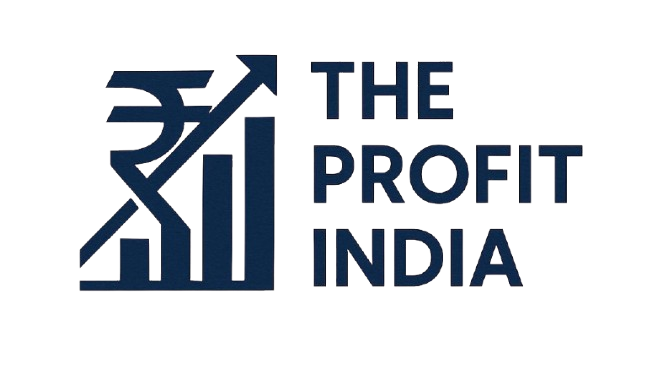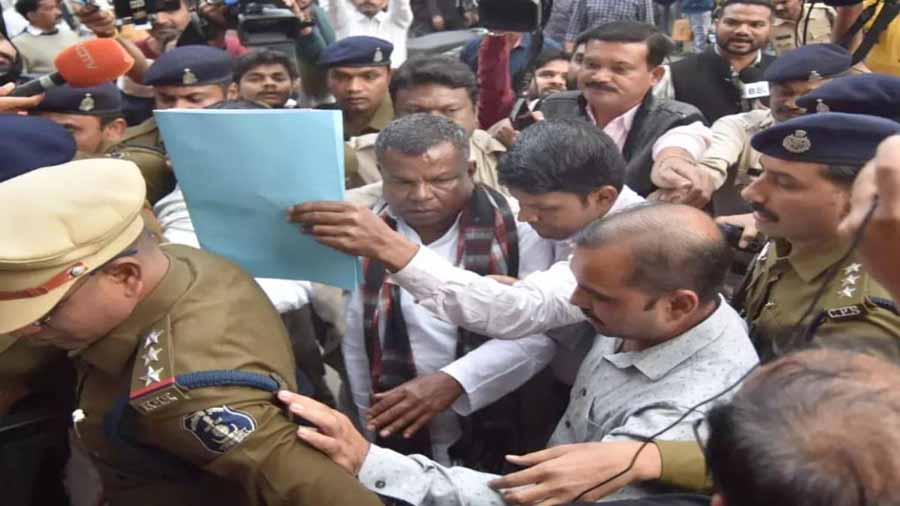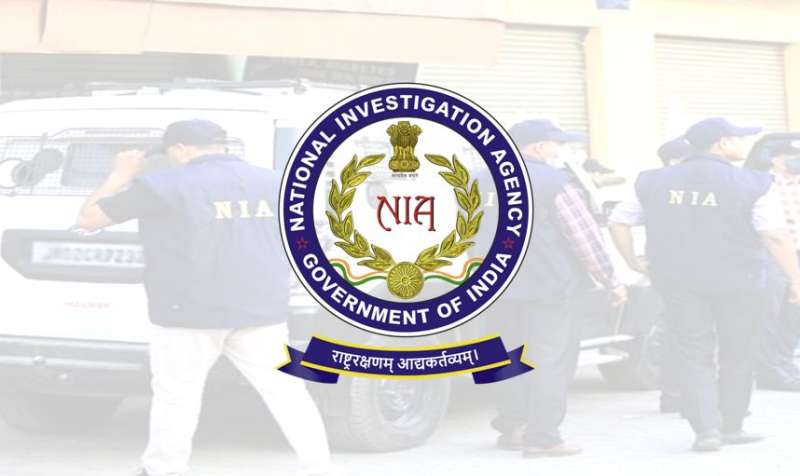
Delhi / Paris
✈️ India’s First Indigenous Jet Engine: $8–10 Billion Safran–DRDO Project to Power Future Fighters
Key Financial & Strategic Highlights
-
Historic Jet Engine Development Deal
-
Partners: French Safran S.A. + India’s Gas Turbine Research Establishment (GTRE) (DRDO lab).
-
Project size: Estimated $8–10 billion over 12 years.
-
Technology transfer: 100% to India, including crystal blade technology.
-
-
Engine Capacity & Timeline
-
Initial thrust: 120 kilo Newton (kN) For Advanced Medium Combat Aircraft (AMCA).
-
Upgrade plan: 140 kN by 12th year.
-
9 prototypes to be developed within the project timeline.
-
-
Ownership & Intellectual Property (IPR)
-
Engine developed under Indian IPR.
-
Ensures strategic independence → no foreign licensing costs.
-
Reduces long-term import bills on spares & upgrades.
-
-
Private Sector Involvement (Financial Multiplier)
-
Tata Group, L&T, Adani Defence to participate in co-production.
-
Expected to create a domestic aerospace supply chain worth billions.
-
Boost to India’s defence manufacturing GDP contribution (currently ~1.6%).
-
-
Comparative Global Context
-
Countries with engine capability: US, Russia, UK, France.
-
China still imports/ reverse engineers engines.
-
India’s Kaveri engine (90 kN) failed, costing ~₹2,035 crore.
-
This project leapfrogs India into the jet engine elite club.
-
-
Financial Independence vs. Imports
-
Current reliance: GE F404 engines (212 units, ~$1.1B deal).
-
Pending order: 113 more F404 engines, ~$600M.
-
GE-414 transfer: only 70% ToT (restricted).
-
Safran–DRDO: 100% tech transfer → long-term cost savings of billions.
-
-
Military ROI (Return on Investment)
-
Engine to power AMCA (twin-engine stealth fighter) and Navy’s Twin Engine Deck Based Fighter (TEDBF).
-
Reduces foreign dependency for next 30–40 years.
-
Enhances export potential of indigenous fighters (estimated $15–20B market).
-
-
Strategic & Financial Trust Factor
-
France never imposed sanctions on India (Pokhran 1998).
-
Continued supply of Mirage-2000 spares + INGPS missile systems.
-
Strengthens India–France defence partnership worth $20B+ in last decade.
-
-
Economic & Civilian Spin-offs
-
Advanced metallurgy, turbine tech → benefits civil aviation, energy turbines, space tech.
-
Could save India $4–5B annually in energy and aviation imports.
-
-
Big Picture Financial Impact
-
India spends $8–9B annually on aircraft imports.
-
Indigenous engine cuts lifecycle cost by 35–40%.
-
Long-term savings: $25–30B+ over next 25 years.
-





